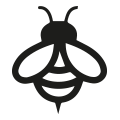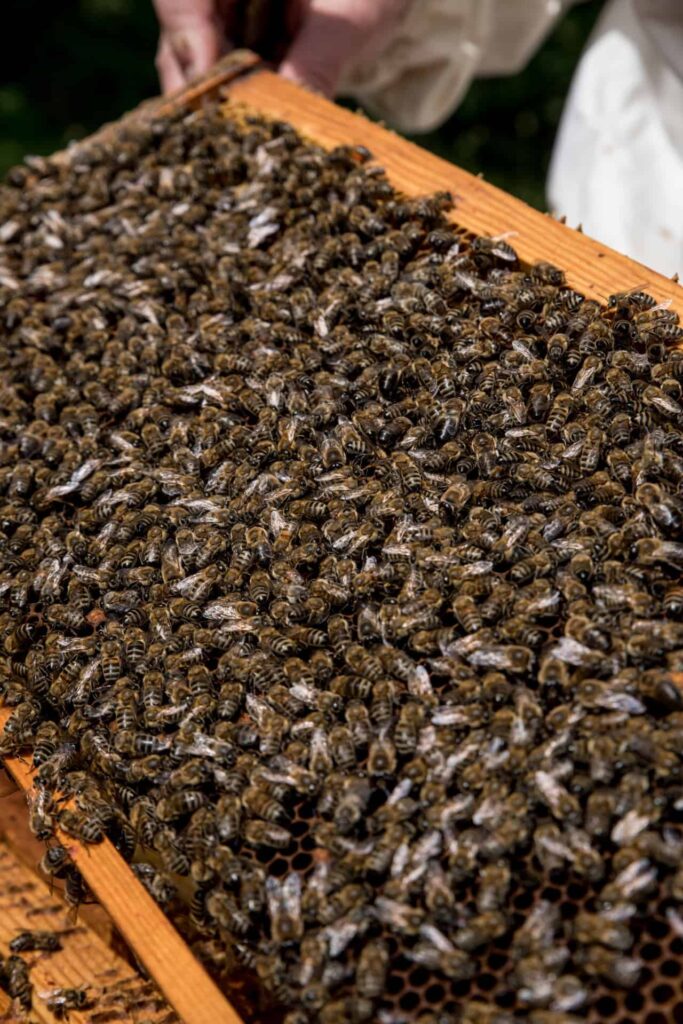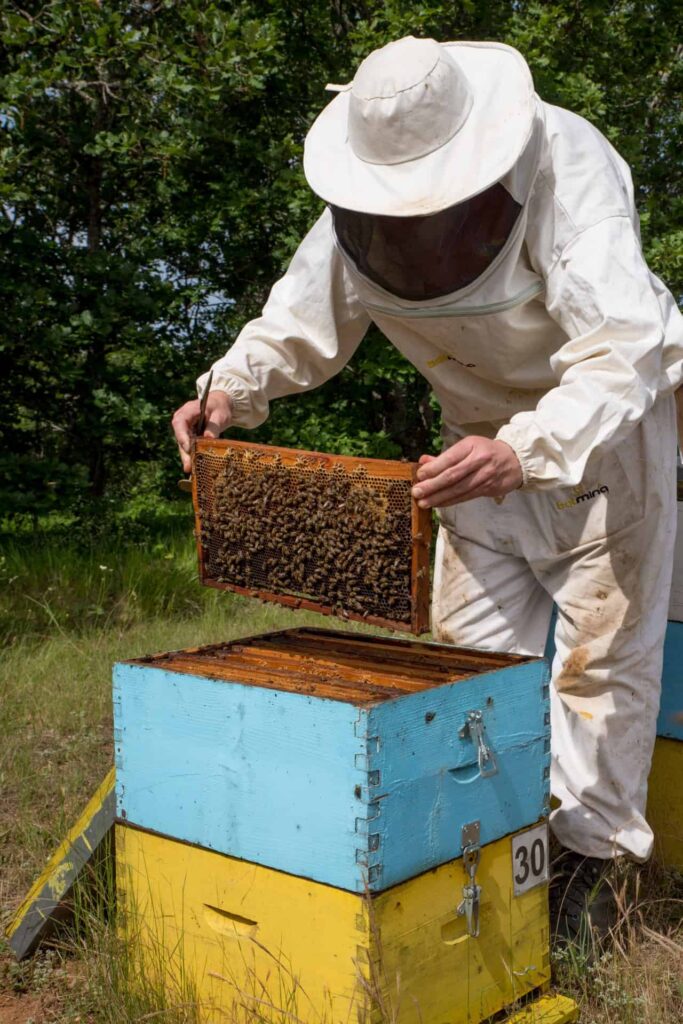Honey Health Benefits and Uses

Do you ever wondered how bees make honey?
Me yes…
After all, honey for me is love. I love its taste, its smell, the variety in its colors. I am amazed at how many precious qualities are gathered in this golden treasure.
Most of all, I am fascinated by the way the bees work together to make it.
So how do bees make honey?
First, let’s make it clear that honey is made by worker bees, through a complex and magical process.
Workers make up about 98% of the population in each hive. Workers, who are sexually underdeveloped females, are responsible for almost all of the required heavy work in the hive. So the workers work together to make the honey. No bee can produce honey on its own, ie honey is a product of collective work and is produced by all members of the group.
Some bees fly out of the hive from flower to flower, looking for nectar, which they suck and store in their special “second” stomach that is specially designed to store honey.


As soon as they reach the back of the hive, they deliver the nectar to another group of bees that has taken on the job of “chewing”. These bees “chew” the nectar for about 30 minutes.
At the time of chewing, the bees release special enzymes, which convert the nectar into a substance consisting of honey and water. The bees deposit this substance in the honeycombs, where most of the water contained in the original product evaporates, leaving the remaining honey to be thick and viscous.
Do you think that water evaporates on its own?
Of course not! The workers do not stop working!
A third group of bees makes air with their wings to speed up the evaporation process.
What emerges after evaporation is honey. Then, a fourth group of bees – we are talking about specialization not funny – is responsible for sealing the cells in the honeycombs, with wax, so that the product remains there, protected and sterilized.
Why do bees make honey?
But to eat naturally. Yes, do not be surprised. Bees do not produce honey for us humans.
They produce all their products, ie honey, royal jelly, propolis, for their own use. So when pollen is not available, especially during the winter, the bees actually survive by eating their production in honey and other bee products.
What the beekeepers are doing is stealing. They “steal” a part of their production in order for us humans to enjoy this miraculous product.
Of course, this is done sparingly, so that the bees can replace the honey “snatched” by the beekeeper and continue their life without survival problems.
